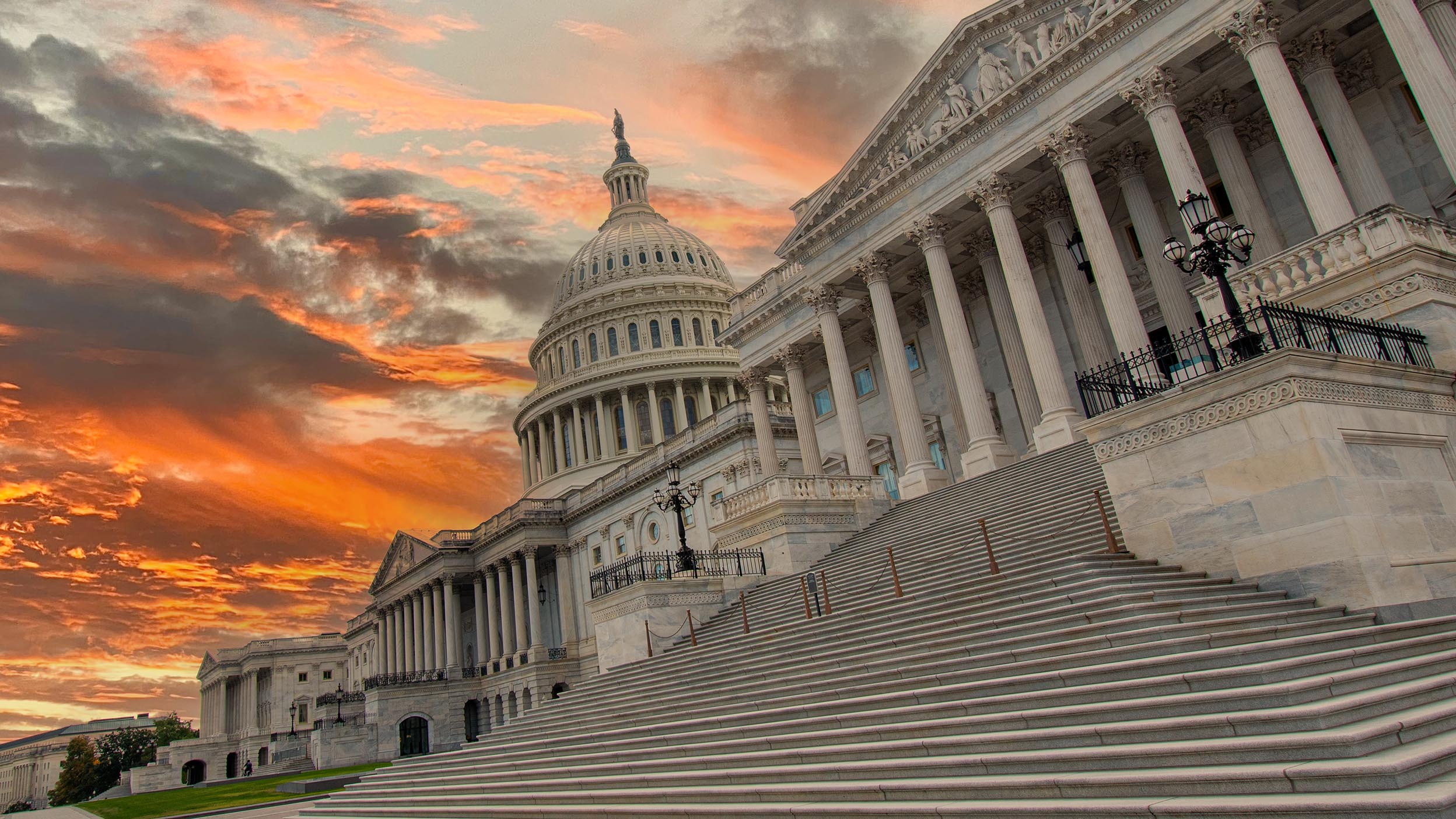
Markets and Economy Markets take Supreme Court tariff ruling, US-Iran tensions in stride
Markets largely expected last week’s tariff decision and the flare-up in US-Iran tensions, while new US economic data was weaker than anticipated.
Fresh perspectives on economic trends and events impacting the global markets.

Markets largely expected last week’s tariff decision and the flare-up in US-Iran tensions, while new US economic data was weaker than anticipated.

The US Supreme Court struck down IEEPA tariffs, but alternative statutes may mean tariffs remain, although the market impact appears limited.

On one side, weaker growth makes Fed easing more likely. On the other side, stronger growth supports an intact business cycle. Either can be supportive of markets if inflation stays contained.

Zack Kass, former OpenAI executive, joined the Greater Possibilities podcast to discuss the state of artificial intelligence and what the future may hold.

Despite last week’s selloff in software stocks and other momentum-driven areas, we believe the fundamental backdrop remains supportive.

We got some clarity on the two big risks we outlined in our 2026 investment outlook: Federal Reserve independence and an AI bubble.

If Kevin Warsh is confirmed as Fed chair, we don’t think he would prove as hawkish as markets seem to expect and his past actions seem to suggest.

Despite short-term market volatility, government shutdowns have tended to have little market impact on long-term investors.

Geopolitical risks have risen, but bond spreads, economic and inflation data, and the US dollar haven’t signaled any major stock market issues.
A selection of articles from our experts on the markets, economy, and investments.
Help your participants get more out of retirement through our innovative thinking and in-depth, proprietary research.
Insights from our income experts on investing opportunities around the globe.
Explore our latest insights on investment opportunities and potential ways to use ETFs in a portfolio.
Learn about investing in ETFs, including the basics, benefits, and choosing one.
Candid conversations with fund managers, market strategists, and more.
NA1943153
This link takes you to a site not affiliated with Invesco. The site is for informational purposes only. Invesco does not guarantee nor take any responsibility for any of the content.